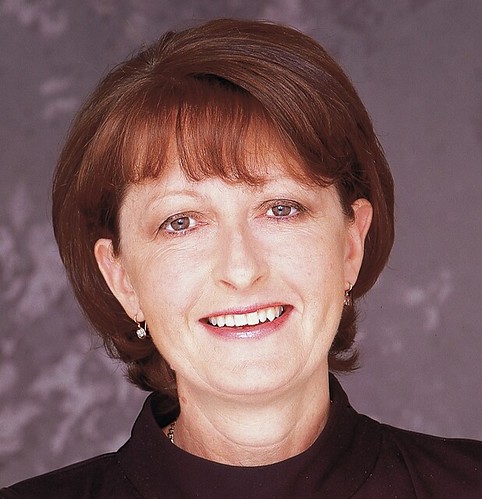The dollars and sense of self-care
For some time, I’ve been grappling with the concept of ‘self-care’, a term slowly but surely creeping its way into the medical lexicon. This week the MJA fast-tracked an entire article on the topic, but I’m still not much the wiser.
Apparently ‘self-care’ is now one of four main approaches to chronic disease along with prevention, early detection and treatment, and integration and continuity of prevention and care. And government is behind the move to the tune of $515 million over five years starting this year, in addition to $36 million spent on something called the Australian Government Sharing Health Care Initiative.
The alleged theory behind self-care is that informed, empowered patients have a better quality of life, although the evidence appears weak. Of 15 meta-analyses listed in the MJA article, only six showed any effect, and an Expert Patients Program in the UK has also apparently enjoyed only limited success. Indeed much of the self-care literature appears to be devoted to investigating why the approach has failed in various environments.
Unfortunately, it seems GPs are largely carrying the can on this one – apparently they haven’t engaged sufficiently with the idea, nor endorsed it.
Most scary of all was the $250,000 allocated this financial year to an ‘education, training and support program targeted’ at GPs and others - I think I’ll take a rain check on attending this one.
No sensible or compassionate person would argue against informed, empowered patients, but they’re also convenient to governments because they’re cheaper than their less informed counterparts; a reduction in GP visits is a frequent outcome measure in the research literature.
I’ve even read of overseas proposals to ration health care to those who participate in self-care programs. Let’s hope there’s no such agenda here.
Apparently ‘self-care’ is now one of four main approaches to chronic disease along with prevention, early detection and treatment, and integration and continuity of prevention and care. And government is behind the move to the tune of $515 million over five years starting this year, in addition to $36 million spent on something called the Australian Government Sharing Health Care Initiative.
The alleged theory behind self-care is that informed, empowered patients have a better quality of life, although the evidence appears weak. Of 15 meta-analyses listed in the MJA article, only six showed any effect, and an Expert Patients Program in the UK has also apparently enjoyed only limited success. Indeed much of the self-care literature appears to be devoted to investigating why the approach has failed in various environments.
Unfortunately, it seems GPs are largely carrying the can on this one – apparently they haven’t engaged sufficiently with the idea, nor endorsed it.
Most scary of all was the $250,000 allocated this financial year to an ‘education, training and support program targeted’ at GPs and others - I think I’ll take a rain check on attending this one.
No sensible or compassionate person would argue against informed, empowered patients, but they’re also convenient to governments because they’re cheaper than their less informed counterparts; a reduction in GP visits is a frequent outcome measure in the research literature.
I’ve even read of overseas proposals to ration health care to those who participate in self-care programs. Let’s hope there’s no such agenda here.


0 Comments:
Post a Comment
<< Home